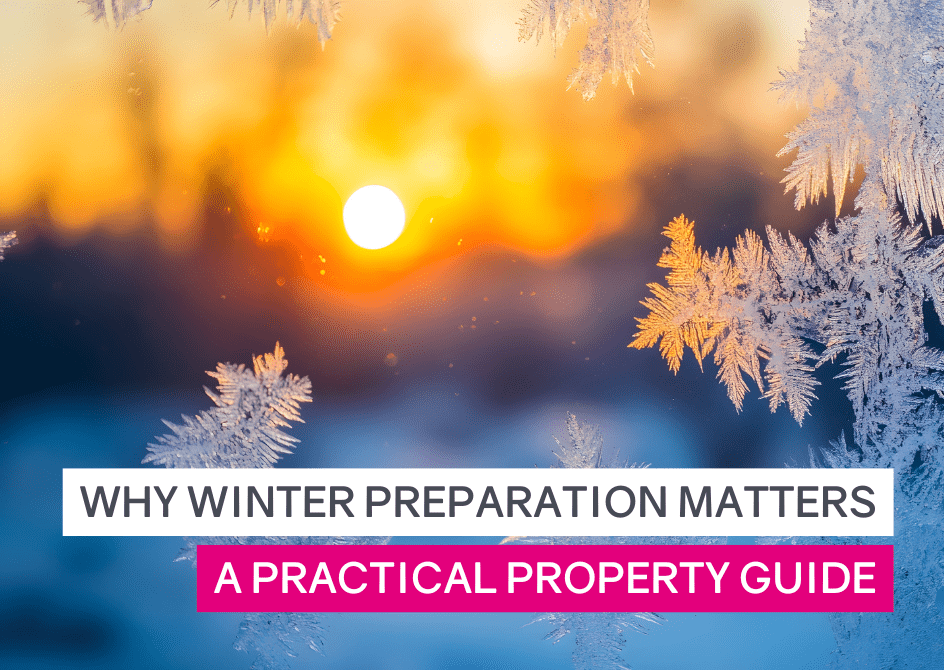9 Crown Row, Bracknell, Berkshire, RG12 0TH




Director of Lettings
Hannah started her career in estate agency at the age of 19 working in Maidenhead and has more than 20 years’ experience in all aspects of Lettings. Outside of work she likes to keep active, is a keen traveller and loves spending time with family and friends.
What do you like best about your job?
Building relationships with clients and helping staff develop their careers.
What might someone be surprised to know about you?
I am half Italian, hence the hair and height.
Guilty pleasures?
Shopping and eating chocolate!
My worst fashion mistake was…
A Rebock tracksuit and matching trainers!
The person I’d most like to go for a drink with is…
Sarah Jessica Parker.
On Sunday mornings, you can usually find me…
In bed with my cats Koki & Kiki.
22 Oct 2025
Winter-Proof Your Property: A Practical Guide for Landlords & Tenants
As winter approaches and the temperatures dip, preparation becomes essential for both landlords and tenants. Cold weather can highlight a property’s weak points — from frozen pipes to rising heating costs — but with teamwork and planning, these risks can be minimised.
At Duncan Yeardley, we’ve seen how small preventative steps can save time, money, and stress. This guide is designed to help landlords protect their investments and tenants stay warm, safe, and comfortable all season long.
Landlords carry responsibility for the property’s structure, systems, and safety. Here’s what to check before winter arrives.
Tenants play an essential part in keeping the home running efficiently through winter. Follow these steps to stay safe and help prevent damage.
| Area | Landlord’s Responsibility | Tenant’s Role |
| Boiler & heating | Annual service, bleed radiators, insulate pipes | Use heating sensibly, report inefficiencies |
| Plumbing & pipes | Protect exposed pipework, check external taps | Know shutoff valve location, report leaks |
| Roof, gutters & drainage | Clear gutters, fix roof damage | Report overflows or loose tiles |
| Windows & doors | Repair frames, add weather seals | Close properly, use curtains or insulation film |
| Ventilation & damp | Install extractor fans, inspect damp-prone areas | Ventilate daily, wipe condensation |
| Safety & emergency | Maintain detectors, provide contact list | Test alarms, keep emergency kit ready |
Winter doesn’t have to be a stressful time for landlords or tenants. With good communication and proactive maintenance, properties stay protected and everyone stays comfortable.
At Duncan Yeardley, as part of our Fully Managed service we support both landlords and tenants in preparing for winter — from providing seasonal maintenance checklists to coordinating trusted local contractors. If you’d like help reviewing your property’s winter readiness or setting up a maintenance plan, our team is here to assist.
Stay warm, stay safe — and let’s keep your property in top condition this winter.
Questions? Contact us today to chat with a member of our lettings team on 01344 860121 —we’re always happy to help!